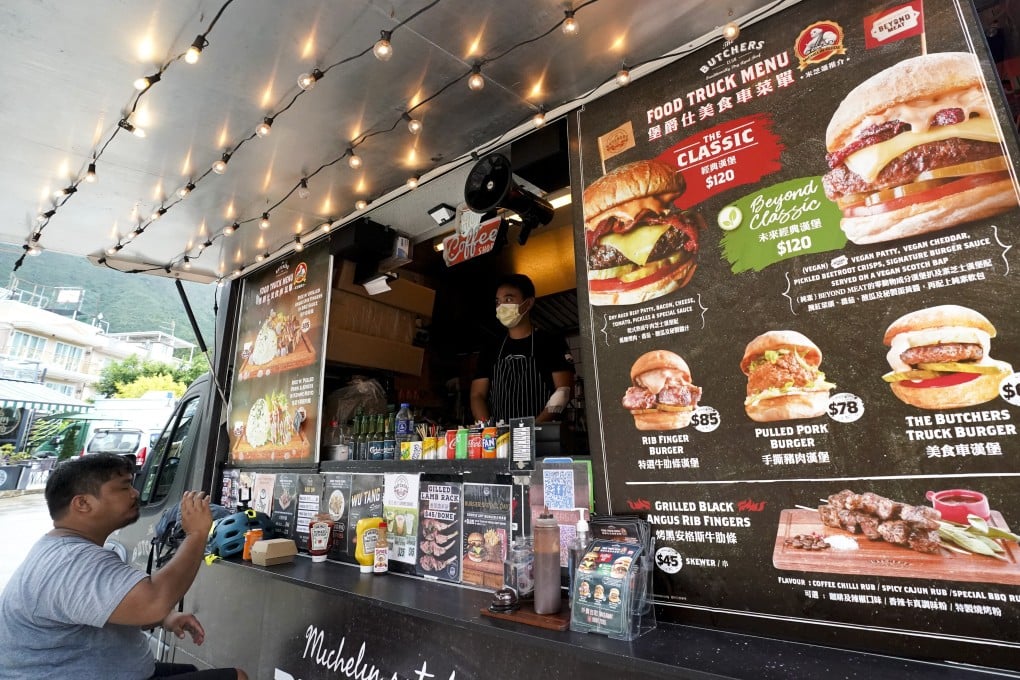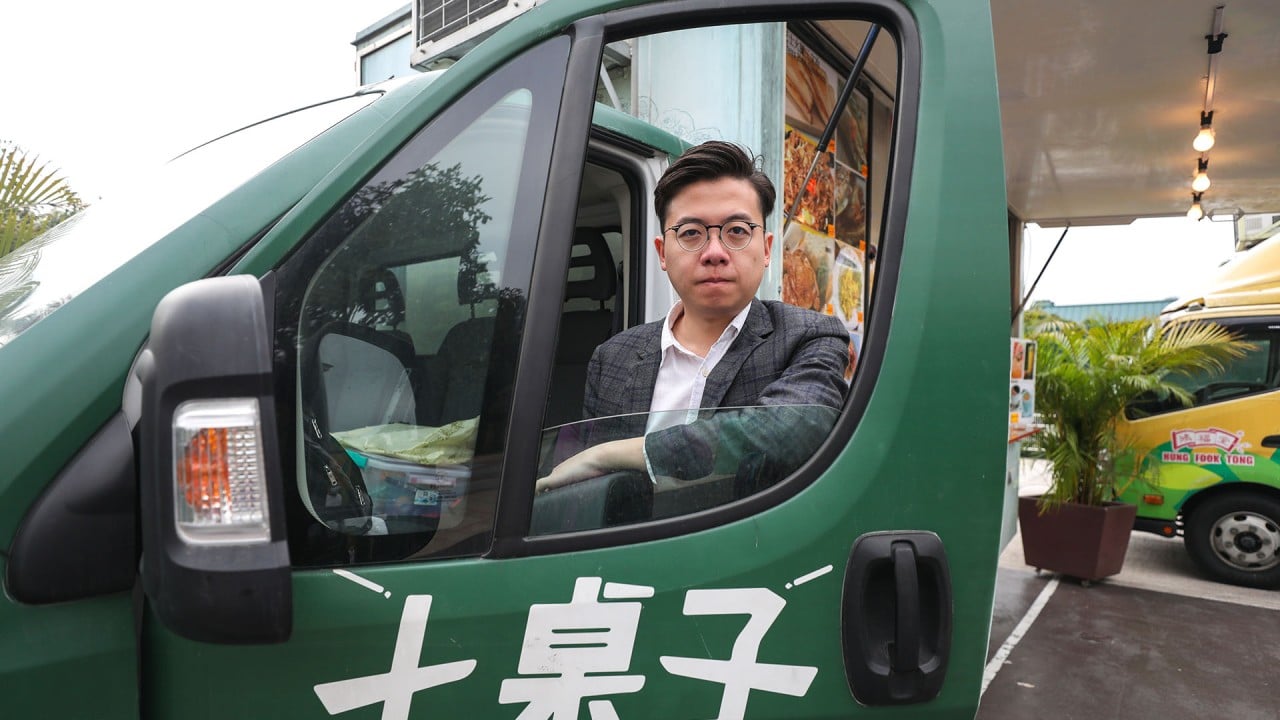Editorial | To save Hong Kong food trucks, rethink the strategy
- The scheme, first introduced in 2017, has been troubled from the start because of excessive red tape; to survive, something has to change

Having suffered one of the most devastating economic downturns that has lasted for almost a year and a half, local restaurants are seeing some light at the end of the tunnel. The relaxation of seating capacity and other arrangements in the wake of the Covid-19 pandemic, though, may be of little comfort to the many who are still struggling.
Nonetheless, it gives caterers a glimmer of hope for a long-awaited restart. Unfortunately, that is not the case for food truck operators.
If the recent remarks by the commerce chief are any guide, their demise is seemingly a foregone conclusion.
The warning came when Edward Yau Tang-wah made clear that food trucks as a tourism facility have limited room for development.

03:05
Hong Kong food trucks demand policy changes to save their businesses
“The Tourism Commission is critically reviewing the data and the effectiveness of the scheme so as to determine its way forward, and does not rule out the possibility of bringing the scheme to an end eventually,” the secretary for commerce and economic development said.
